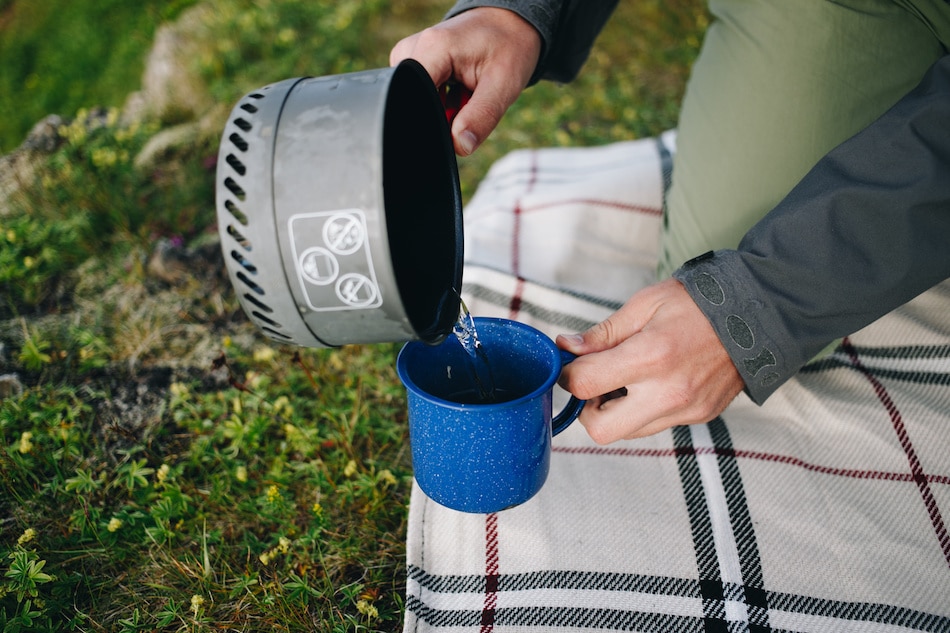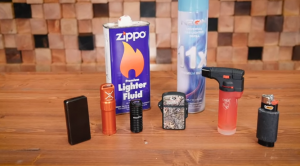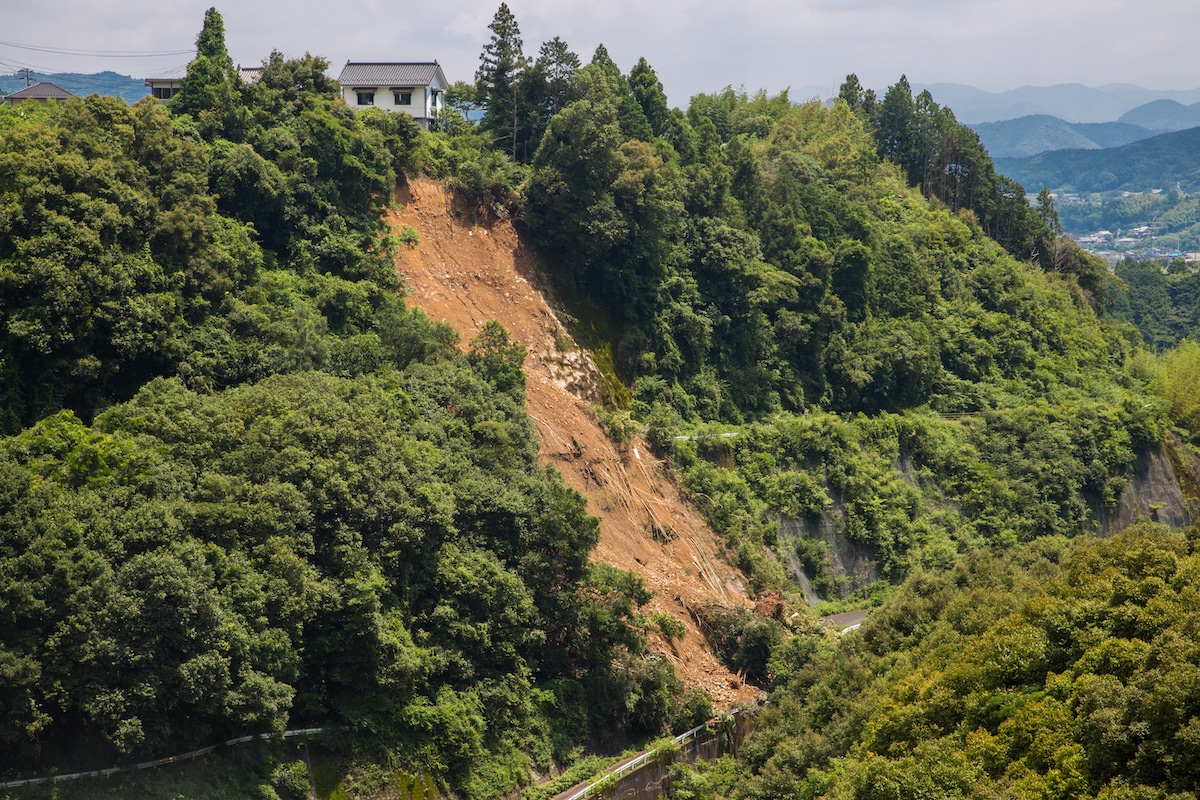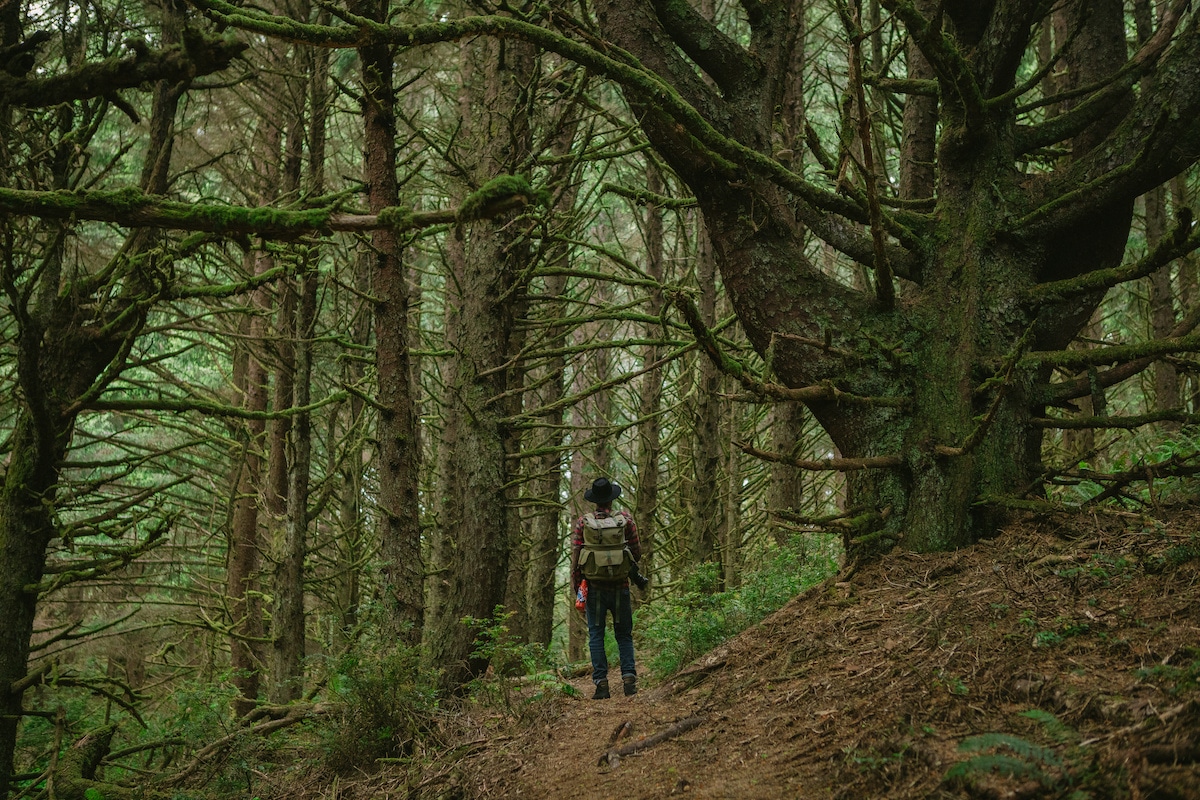What We'll Cover
What Can You Do If You Need More Fresh Water While Camping?
One of the best parts of camping is the ability to throw off the trappings of day-to-day life and reconnect with what’s really important.
But camping and hiking require us to usually bring our own equipment. Equipment like our own food, water, a good mess kit, tents and spare clothing. However, one of the most cumbersome (and heavy) items is just plain old water. Just one U.S. gallon of water weighs over 8 pounds! And while outdoors, it’s recommended that we drink at least 2 liters (or over 1/2 gallon) of water a day. So a three-day hike would mean carrying over 10 pounds of water.
However, campers can make use of natural water sources rather than bringing their own, but they should never assume it’s safe to drink as is (even if it’s naturally running water.) To keep everyone healthy, use one of the following tools to purify the water source so you can stay hydrated while camping.
Iodine Drops
Iodine drops are known to kill off a variety of viruses and bacteria, and they add practically no additional weight to a camper’s backpack.
They’re inexpensive and simple to use, and they’re generally effective for even the most stagnant of water. The camper must collect the water and add drops of iodine based on the cloudiness of the water. Iodine is effective, but it also tastes truly terrible. Camper can add other flavors to the water to balance it, but it may still not be very appetizing. There are also some people who are allergic to iodine, and this method isn’t recommended for pregnant women or for women over the age of 50. Iodine also doesn’t kill of parasitic worms and may only be able to purify larger particles on the outside.
Water Filters and Purifiers
Water filters have only gotten smaller in recent years for campers who don’t want to overload their packs. Water filters are good at filtering out the most common microorganisms. However, these filters often aren’t effective enough to get rid of the tiniest viruses. There are two major types of filters: membrane and depth. The membrane filter is easy to clean but has a tendency to clog. The depth filter uses activated carbon filters to remove any heavy metals from the water. However, they are also more fragile than the membrane variety.
Options for camping water purifiers include:
- Water filter straws
- Water filter bottles
- Water filter pitchers
- Gravity water filters
For those hikers going on long hiking trails, and may be going into an area with contaminants like Hepatitis A, they may want to look into a water purifier instead. A water purifier works in a similar fashion but incorporates iodine as an additional aid. However, it may not be suitable for everyone.
Camping water purifier options include:
- UV Water Purifiers
- Water Purification Tablets
Boiling Water
While not always possible in every camping situation, boiling water is effective at killing off even the tiniest microbes. Campers with particularly dirty water may even want to take it one step further. One can collect the steam from the boiling water to ensure that every last impurity is gone. However, the Wilderness Medical Society has stated that temperatures above 160° F should kill off all impurities after 30 minutes. This is true regardless of the altitude of the water. Letting the water boil for a minute is an extra step campers can take to be truly confident in their water supply. This might be done even if it’s (even if it’s not strictly necessary).
The best way to boil water is either having water in a camping coffee pot or water in a large camping cooking pot. Place either over a camp fire and boil for at least one minute.
When camping, there are simply too many pollutants for campers to take any chances. Few backpackers can add the weight of a week’s worth of water on their back. Therefore, they need to take precautions and pre-plan. Thankfully, there are plenty of tools available for campers when it comes to water filtration and purification, no matter where they’re going or what their budget is. These three preventative steps can help keep everyone safe when they’re in the Great Outdoors.
The responses below are not provided, commissioned, reviewed, approved, or otherwise endorsed by any financial entity or advertiser. It is not the advertiser’s responsibility to ensure all posts and/or questions are answered.



![Best Archery Sets This 2023 [Men & Women]](/assets/images/8cf78150f1d9d7a0c175609145d21517.png)

